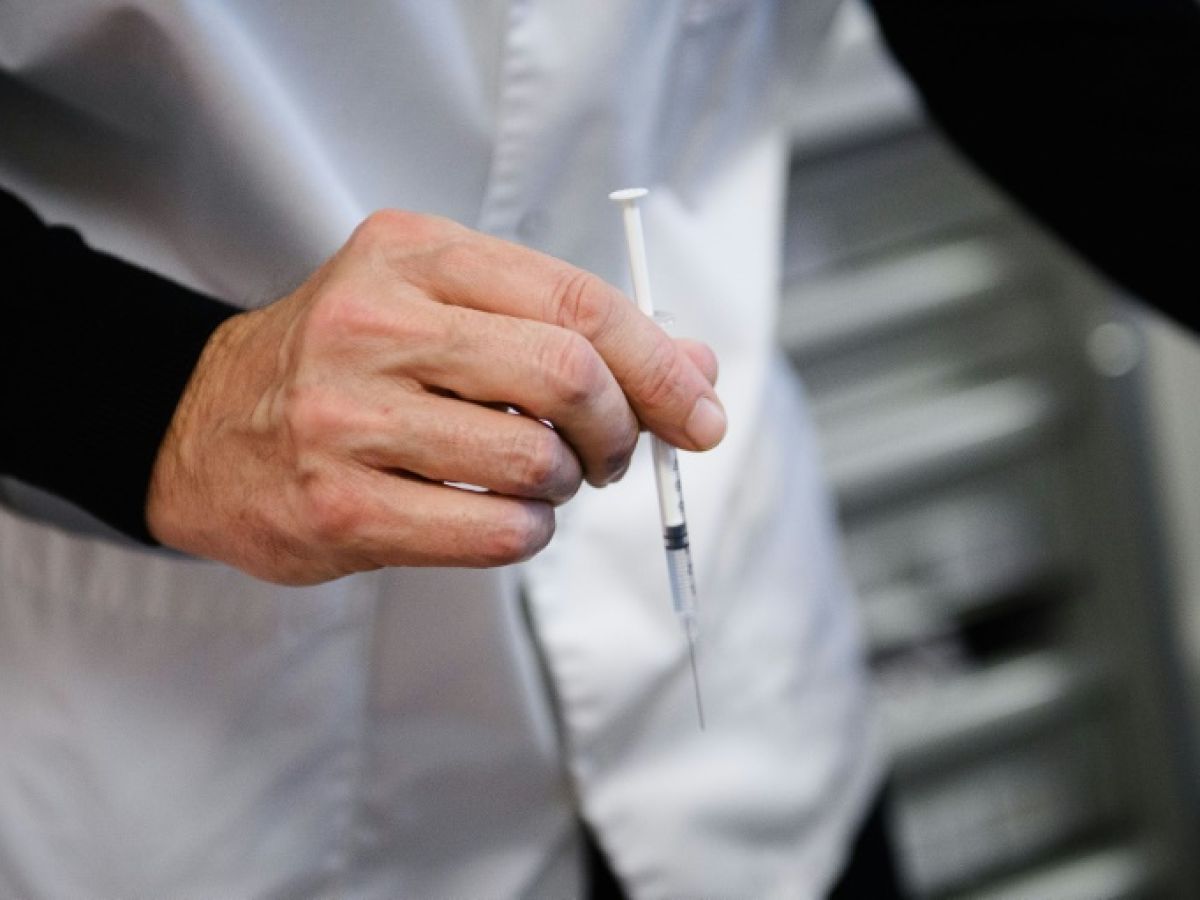Faced with the risks of bronchiolitis for seniors, the High Health Authority recommends Thursday the vaccination of the oldest French people with one or the other of the two vaccines available against the main virus causing this infection.
Well known as a major cause of bronchiolitis in infants, respiratory syncytial virus (RSV) can also cause serious complications, including death, in the elderly.
No treatment for RSV respiratory infections existed until now, but two vaccines recently obtained marketing authorization (AMM) for seniors: Arexvy (GSK) and Abrysvo (Pfizer).
After evaluation, the HAS “recommends vaccinating, with one or the other of these vaccines, people aged 75 and over, as well as people aged 65 and over with chronic respiratory or cardiac pathologies”, according to a statement.
If the Minister of Health – present or future – follows the recommendation of the HAS, as is generally the case, these vaccinations may be covered by health insurance.
Those aged 75 and over are “particularly vulnerable” to RSV, explained the health authority.
In France, during the 2022-2023 winter season, this category represented 61% of hospitalizations and 78% of deaths linked to RSV. And studies in the United Kingdom and the United States have shown the importance of this virus as a cause of morbidity and mortality among those aged 75 and over, independently of risk factors, said the health authority.
As for those aged 65 and over, vaccination is recommended only for those with chronic respiratory pathologies (particularly chronic obstructive pulmonary disease, COPD) or chronic cardiac pathologies (in particular heart failure), "likely to worsen during an infection with VRS.”
The HAS took into account the effectiveness data of the two vaccines on lower respiratory tract infections in those aged 60 and over, which notably “showed a reduction in these infections from 83% for Arexvy and from 67 to 86% for Abrysvo according to the criterion retained (2 or 3 symptoms)”.
It also relied on available safety and tolerance data.
The HAS will reevaluate its recommendation once certain data has been consolidated, concerning the real-life effectiveness of these vaccines on hospitalizations and deaths attributable to RSV infections, the expected benefit in other populations, particularly in immunocompromised patients, and the pharmacovigilance.
Several dozen doctors called, at the end of last September, for this vaccination to be quickly made available.
To criticism of the slow evaluation of certain vaccines, such as that against RSV infection in seniors, the HAS had opposed the necessary delays for its rigorous recommendations.
